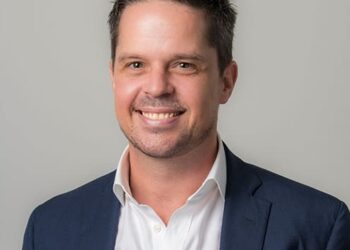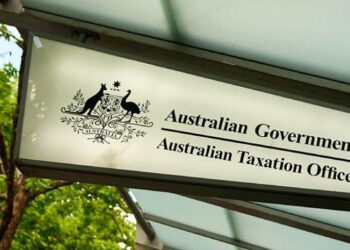Aaron Dunn, chief executive of Smarter SMSF, said on the latest SMSF Adviser podcast that the issue of what advisers can talk about with their clients is still uncertain more than three years after the delivery of the Quality of Advice Review.
“Keddie Waller, SMSF Association policy manager, talked about this at the technical summit where she mentioned that while advisers are doing what they can to help clients, they’re being held back by a regulatory system with built in silos,” he said.
Dunn said the “silos” analogy is like the government concerning advisers trying to “put a round peg into a square hole” in that decisions are being made about the industry by people who don’t fully understand that the SMSF sector is very distinct and different from other parts of financial services.
“Accountants are an area that the SMSF Association has quite clearly put a stake in the ground on, wanting to deal with some type of reform here, but clients aren’t interested in the cans and can’t’s of this regulatory framework,” he said.
“[They think] ‘you’re the adviser that I trust, can I or can’t I do this thing or should I or shouldn’t I be doing this, and how does that work?’. Then it’s the professional that’s involved who can either walk that line or walk the line to an extent, that they then have to put up a wall and tell the client they can’t help them any further and maybe refer them on to someone else.”
Dunn said in many instances, financial professionals in the SMSF sector are ultimately walking on eggshells hoping that they don’t “trip up along the way”.
“The most important reference point here is that there is so much in there that you need to walk very carefully on, especially when it comes to those that aren’t advised and those that aren’t allowed to provide that advice,” he said.
“It means that while the client really wants to have a more in-depth conversation and understanding because they have a trusted relationship with their adviser, they simply can’t.”
Dunn added that although the government is still working through a period of reform and consultation, the SMSFA is trying to ensure that proper conversations around the issue are still on the agenda.
“We are getting a much larger number of SMSFs that are unadvised, and I use the word advised in a licensed framework. The large majority of these new SMSFs are falling outside [that framework].”
“Over 12 months ago, Vanguard and Investment Trends released a report indicating they thought there would be about 475,000 funds and growing that fit within that unadvised category. Now how many advisers do we have?”
He continued that the falling number of specialist advisers is creating an opportunity within the market and with the growth in SMSFs, many are falling back on digital providers for advice.
“Ultimately, we would want to get to a certain point where those people are getting some form of guidance to move into the system rather than guidance once they’re in the system.”
“That goes back to those behaviours we’ve been talking about for a long time in the industry. You’ve got your individuals who want to do it themselves and will use providers as and when they need them.
“Then there are the outsources, which is really where the advisers want to sit because they want to be able to service and support them as much as they possibly can across structures, across investment portfolio management and estate planning. However, in the middle is the coach seeker where there are certain events for which they need help and support.”
Dunn said it is in this cohort that certain providers in the industry could work that would allow them to be able to tell clients they are at a point where they could be starting a pension or, if they’re considering starting an SMSF, then it is the right decision.
“But needing to address separately things like the rolling over of money and the insurance that might be attached to it – it’s that sort of piece by piece stuff that there’s an opportunity to address within parts of the industry that can’t provide advice at the moment.”
“However, the government at this point in time really hasn’t, and doesn’t appear to be giving that much thought, even though it did originally fall within the remit of the QAR.”


